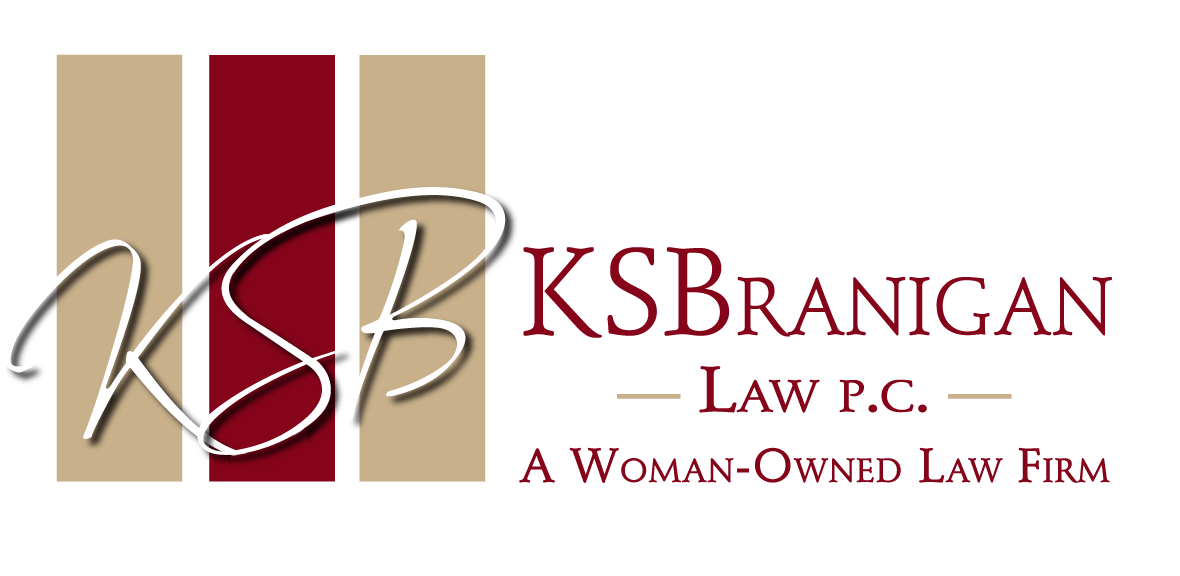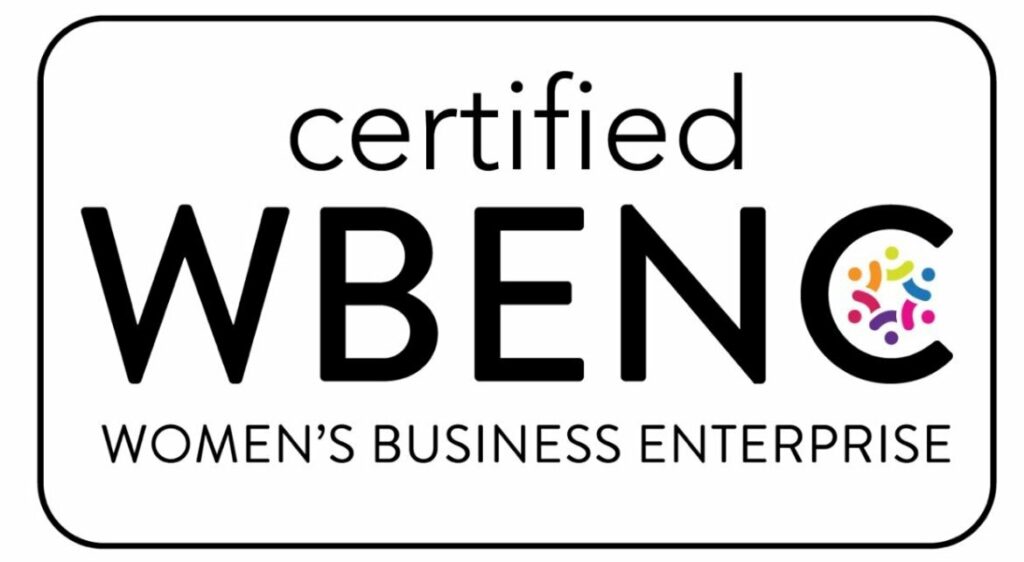In a December 16, 2019 decision, Apogee Retail LLC d/b/a Unique Thrift Store, 368 NLRB No. 144 (2019), the National Labor Relations Board (NLRB or the Board) overruled its prior controversial decision, Banner Health System, 362 NLRB 1108 (2015), and applied a new analytic framework to determine the legality of investigation confidentiality rules. Significantly, the NLRB held that confidentiality rules for the duration of investigations are lawful without a case-by-case balancing of interests.
As a result, investigators and professionals in human resources, legal and compliance roles should be educated on updating their investigative practices, training materials, and polices accordingly. While such rules may not be lawful, there are still key restrictions of which investigators and employers will need to be mindful.
By way of background, Section 7 of the National Labor Relations Act (NLRA) protects concerted activity for the mutual aid and protection of employees. Employees have rights to discuss the terms and conditions of their employment and discipline, including disciplinary investigations. These rights, however, can be restricted when the employer can show legitimate and substantial business justifications that outweigh these Section 7 rights.
Confidentiality assurances during an ongoing investigation play a key role in serving the interests of both employers and employees. As the NLRB cited in the Apogee case, employers have a legitimate interest in investigating charges of alleged employee misconduct. While employers have obligations to address complaints fully, fairly and promptly, employees also possess a substantial interest in obtaining an accurate resolution of such complaints and having an effective system in place for addressing workplace complaints.
In Apogee, the employer, which operated multiple retail stores selling second-hand items, maintained two written policies that contained the following provisions:
• The first provision is contained in the Apogee’s Code of Business Conduct and Ethics and provides in relevant part:
Team members are expected to cooperate fully in investigations and answer any questions truthfully and to the best of their ability. Reporting persons and those who are interviewed are expected to maintain confidentiality regarding these investigations. [Emphasis added.]
• The second provision was contained in the Company’s Loss Prevention Policy and states in relevant part:
The following list, neither all-inclusive nor exhaustive, are examples of behaviors that can have an adverse effect on the company and may lead to disciplinary action, up to and including termination: . . . . Refusing to courteously cooperate in any company investigation. This includes, but is not limited to, unauthorized discussion of investigation or interview with other team members. . . [Emphasis added.]
Apogee maintained that such policies were necessary and provided multiple examples in which investigations were hindered by its inability to require confidentiality.
The NLRB noted four compelling reasons for maintaining confidentiality: (1) to ensure the integrity of the investigation; (2) to obtain and preserve evidence while employees’ recollections of relevant events are fresh; (3) to encourage prompt reporting of a range of potential workplace issues—unsafe conditions or practices, bullying, sexual harassment, harassment based on race or religion or national origin, criminal misconduct, and so forth—without employee fear of retaliation; and (4) to protect employees from dissemination of their sensitive personal information.
In Apogee, the NLRB applied the three-category test for “facially neutral” workplace rules established in accordance with Boeing Company, 365 NLRB No. 154 (2017) to determine which rules would potentially interfere with employee Section 7 rights. The Board will evaluate: (1) the nature and extent of the potential impact of the rule on NLRA rights; and (2) legitimate justifications associated with the rule. After conducting the analysis Boeing requires, the Board will designate the employer’s confidentiality rules into one of the following three categories:
• Category 1 will include rules that the Board designates as lawful to maintain either because (i) the rule, when reasonably interpreted, does not prohibit or interfere with the exercise of NLRA rights; or (ii) the potential adverse impact on protected rights is outweighed by justifications associated with the rule;
• Category 2 will include rules that warrant individualized scrutiny in each case as to whether the rule would prohibit or interfere with NLRA rights, and if so, whether any adverse impact on NLRA-protected conduct is outweighed by legitimate justifications; and
• Category 3 will include rules that the Board will designate as unlawful to maintain because they would prohibit or limit NLRA-protected conduct, and the adverse impact on NLRA rights is not outweighed by justifications associated with the rule. (An example would be a rule that prohibits employees from discussing wages or benefits among themselves).
The Apogee decision determined that “investigative confidentiality rules limited to the duration of open investigations will fall into Boeing Category 1, types of rules that the [NLRB] will find lawful to maintain without engaging in a case-by-case balancing of interests.” Investigative confidentiality rules that are not limited to open investigations fall into Boeing Category 2 and require individual scrutiny to determine their lawfulness.
Since the rules were silent with regard to the duration of the confidentiality requirement being limited to the duration of the investigation, the NLRB believed that most employees would not read them to be only the duration. As such, the Board remanded for more individual scrutiny under the Boeing Category 2 test.
In Apogee, while the rules were silent as to any specific exceptions, the NLRB believed that they would be reasonably interpreted as having the following limitations. In particular, the Board found that the rules did not broadly prohibit employees from discussing either discipline or incidents that could result in discipline. Rather, they narrowly require that employees not discuss investigations of such incidents or interviews conducted in the course of an investigation. The Board’s view was that employees not involved in an investigation were free to discuss such incidents without limitation, and employees who were involved may also discuss them, provided they did not disclose information they either learned or provided in the course of the investigation. Further, the Board cited that the rules did not restrict employees from discussing workplace issues generally or limit the employees’ ability to discuss disciplinary policies and procedures. In addition, the confidentiality provisions did not restrict communications with the EEOC, NLRB, or other Federal or State agencies. Lastly, the Board noted that the rules did not prohibit a union-represented employee from requesting the help of a union representative during such an investigation.
Under Banner, the NLRB had previously placed the burden on the employer to show, on a case-by-case basis, that a rule or instruction restricting investigation discussions was warranted. To be permissible, the employer needed to show that investigation witnesses needed protection, evidence was in danger of being destroyed, testimony was in danger of being fabricated, or there was a need to prevent a cover up.
In announcing the new framework, the NLRB noted it is now better aligned with the recent proposed Guidance by the Equal Employment Opportunity Commission (EEOC). Before Apogee, employers and investigators were caught between two regulatory schemes.
While the ruling in Apogee clearly broadens employers’ and investigators’ rights to require confidentiality, such rules and instructions are not without limitation. Any updates to existing rules and/or drafting of new rules and instructions should be appropriately tailored to import with the standards articulated by the NLRB.


